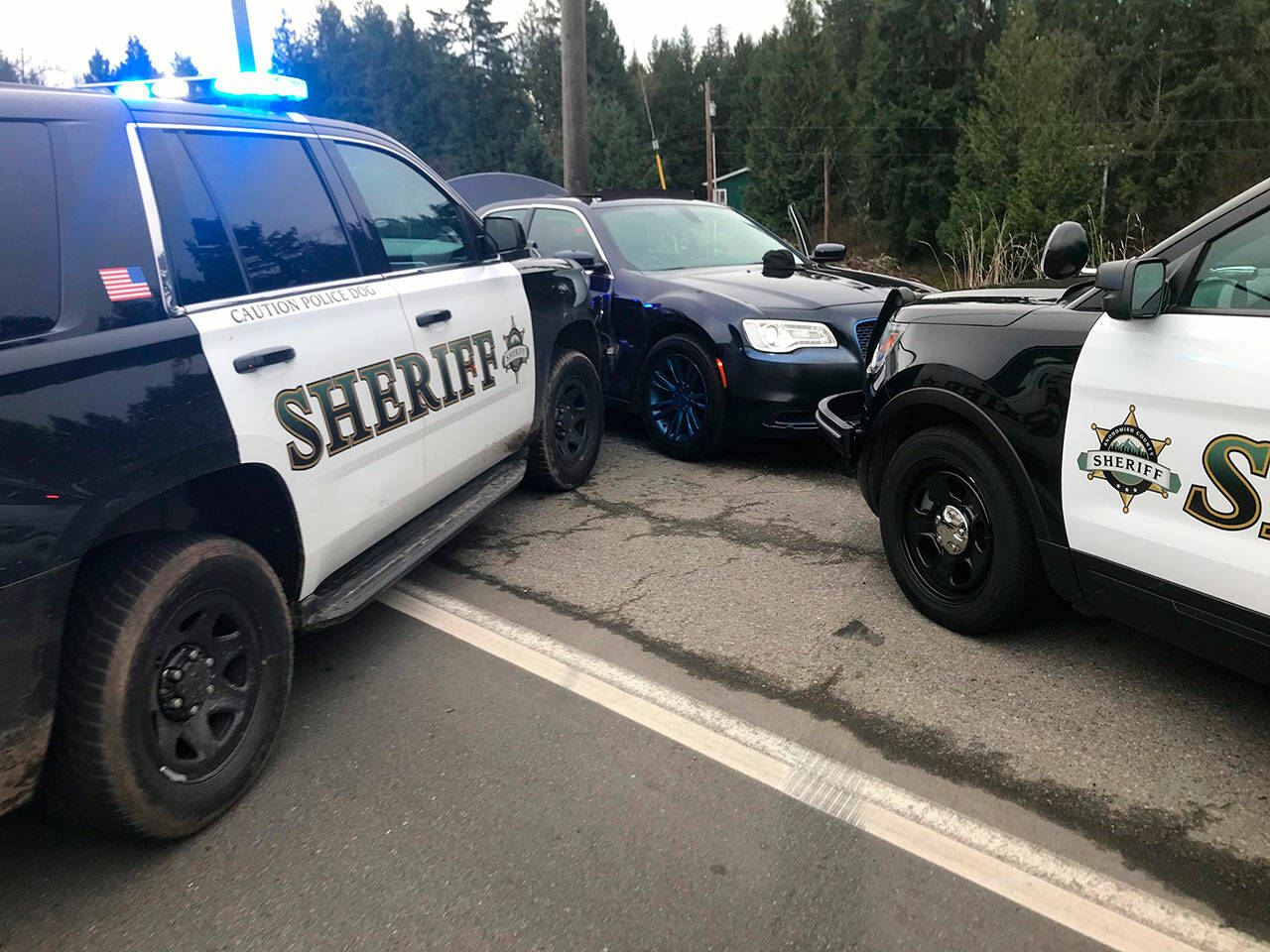By The Herald Editorial Board
Thanks to an unexpected legislative maneuver, a bill that seeks to adjust the state’s current damper on police pursuits has cleared the Senate and is back before the House, which had considered similar legislation but failed to see it move to the House floor before deadline.
The legislation took its detour from a dead end last week, as reported by The Herald’s Jerry Cornfield, when it appeared that House Bill 1363 — which sought to relax the standard allowing pursuits to the level of “reasonable suspicion” rather than the tighter “probable cause” — was unlikely to advance. Senate leadership stepped in and moved companion legislation, Senate Bill 5352, directly to the floor where it passed narrowly 26-23, with 16 Democrats and 10 Republicans in favor and 13 Democrats and 10 Republicans opposed.
The bill represents a compromise that offers sufficient protections to public safety while allowing law enforcement clearer guidelines on when pursuits are warranted and how they can be safely carried out.
(It’s worth noting that a bipartisan compromise similar in spirit resulted in a split of the parties in the Senate’s recent approval of legislation that would reclassify possession of illegal drugs as a gross misdemeanor, up from the current simple misdemeanor status that has frustrated local attempts to persuade those caught with illicit drugs to seek treatment.)
The maneuver to keep SB 5352 alive essentially puts the original House bill back before the House committee on Community Safety, Justice and Reentry. When the Senate placed the bill on its floor, the legislation — sponsored by Sen. John Lovick, D-Mill Creek — came with an amendment from Sen. Manka Dhingra, D-Redmond, that essentially used the House bill’s language as a template. Dhingra, chair of the Senate’s Law and Justice committee, had earlier blocked consideration of the Senate Bill because she said at the time she was not interested in a reconsideration of the legislation passed in 2021 to limit police pursuits.
Along with easing the standard to reasonable suspicion, the legislation still seeks to limit situations in which pursuits are allowed, specifically where the subject of the pursuit poses a significant risk of harm to others, such as a violent offense, a sexual offense, vehicular assault, escape, domestic assault or driving under the influence, and when failing to apprehend the subject is considered a greater threat to public safety than the potential risks of a pursuit.
The legislation also outlines steps for carrying out a pursuit, including notification of a supervising officer and other nearby agencies and the requirement of a plan for ending the pursuit. Pursuits also would be limited to officers who have completed an emergency vehicle operator’s course.
Shortly after the start of the session, the editorial board noted dueling data cited by supporters and opponents of the current rules for pursuits. Those seeking to lift the limits on pursuits cited numerous examples of drivers fleeing officers and increases in vehicle thefts following passage of the 2021 law.
Supporters of the current law, such as the Washington Coalition for Police Accountability, noted a significant reduction in deaths resulting from pursuits following the law’s passage. Looking at similar time periods before and after the law took effect, a report — updated since January — found nine fatalities following pursuits before the law’s change, but just three after. A breakdown of those deaths showed three subjects, four passengers and two bystanders among the nine killed; and three bystanders after. (The fatalities of two bystanders in a 2020 Marysville wreck that were included earlier in the coalition’s website have since been reclassified as having not been the result of a pursuit, but rather an attempted traffic stop.)
There’s even disagreement over the data itself, as reported in a public radio report from KUOW (94.9 FM) early in February, that quoted a law enforcement analyst who questioned the accuracy and sources of the coalition’s data, and a response from the coalition that doubted the accuracy of data from official state and federal government sources, citing a peer-reviewed study published in The Lancet that found that government sources have consistently undercounted deaths in the United States that result from police activities by as much as 50 percent.
Noting the deficiency of helpful data, the editorial board in January recommended continued study of the issue, and the Senate Law and Justice committee had a bill ready to do that. It passed out of the committee but did not move to the floor. Senate Bill 5533 would have created a policy work group to further consider the issue at the state’s Criminal Justice Training Commission. If the police pursuit law now before the House fails, at the least the bill for a policy work group should be revived and adopted.
Noting the Senate bill’s similarity to what the House safety committee had already adopted, its acceptance there should be one less hurdle on its way to the House floor.
The legislation recognizes the need to provide more specific guidance on when police pursuits are warranted and under what circumstances they can be carried out.
And its passage should serve as a message to those who believe they are free to ignore the red and blue lights behind them to pull over and not risk the lives of others and their own lives in a chase.
Talk to us
> Give us your news tips.
> Send us a letter to the editor.
> More Herald contact information.

























